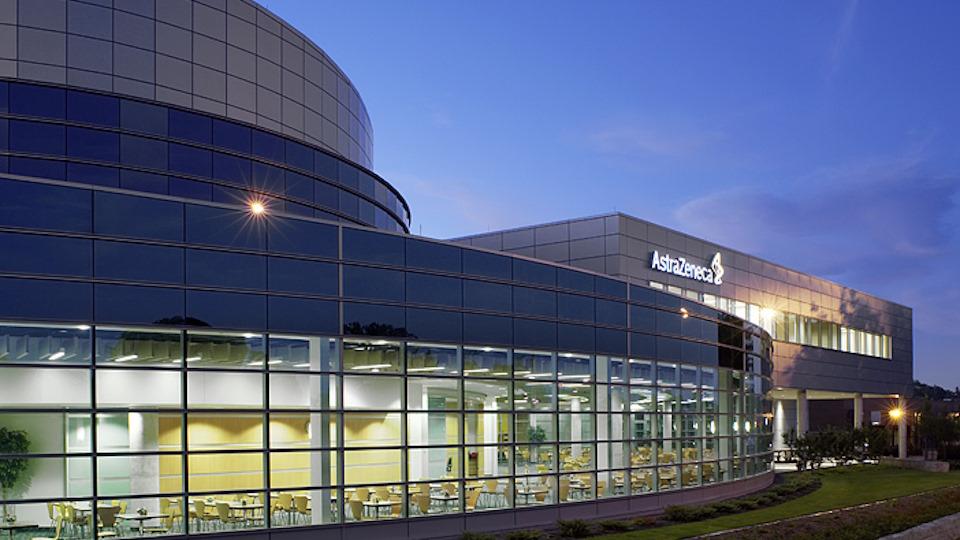Alexion hastens review of successor to rare disease blockbuster Soliris

Alexion's rare disease drug Soliris is generating blockbuster-level sales – but the US biotech is rushing through development of a successor amid potential competition and US patent expiry in around three years' time.
Connecticut-based Alexion has two vouchers allowing a faster eight-month FDA review, awarded for getting two other rare disease drugs approved by the regulator.
These vouchers are worth millions as they shave four months from the FDA's review period, which can help pharma to maximise sales by increasing the precious on-patent marketing period.
But unlike other rare disease biotechs such as Spark, Alexion seems to have decided against selling the vouchers, and is instead using them to expedite development of its drug pipeline.
Alexion hopes that its long-acting drug ALXN1210, now known as ravulizumab, will become standard of care in the rare disease paroxysmal nocturnal haemoglobulinuria (PNH), a life threatening condition where the complement system turns against the body's own red blood cells.
Ravulizumab works like Soliris by inhibiting complement C5, but is administered every eight weeks rather than every two weeks so patients need only six doses annually instead of 26.
Alexion has phase 3 data showing ravulizumab is as good as Soliris from two so-called non-inferiority trials designed to show the two drugs are comparable in terms of safety and efficacy.
But Alexion says the new drug outperformed Soliris slightly in terms of efficacy, even though the trial was not designed to test for this outcome.
Soliris is also faster at returning levels of a biomarker known as lactate dehydrogenase to normal, a measure of red blood cell damage seen in PNH.
UK biotech Akari is working on a rival to Soliris in PNH and the FDA has granted a fast-track designation for the late stage candidate known as Coversin.
And Amgen is among a group of companies working on biosimilar near-copies that could steal market share from Soliris by undercutting its hefty price of more than $500,000 per year.
Soliris generated sales of $3.1 billion last year and has also been approved by the FDA for another rare disease, myasthenia gravis. Aexion is testing it another are disease known as atypical haemolytic uremic syndrome.
Alexion plans to file ravulizumab in the EU in the coming weeks and Japan in the second half of the year.












